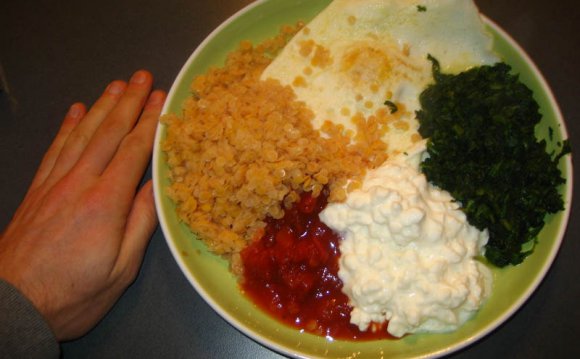
The low-carb frenzy hit its zenith in the early 2000’s and has since ebbed and flowed in popularity. I’ve seen patients get impressive results doing very low-carb diets, but eventually many become burned out and regain the weight as the novelty of eating bacon and other formerly forbidden foods becomes monotonous.
Traditional thinking suggests carbohydrates are bad for you. I have something surprising to say that might go against everything you’ve heard: Carbs are the single most important thing you can eat for health and weight loss. In fact, I often say my plan is a high-carb diet.
But wait, you say, don’t carbs contribute to insulin resistance, heart disease, and other health concerns?
Some do, but the truth is more complicated. You see, “carbohydrates” encompasses a huge category. A hot fudge sundae and cauliflower both fall into the “carbs” category, yet they are entirely different foods.
In fact, almost all plant foods fall into the carbs category. These are what I refer to as slow carbs, which are low-glycemic and don’t spike your blood sugar or insulin. These slow carbs come loaded with nutrients, fiber, and amazing molecules called phytochemicals.
When you eat a cornucopia of fresh fruits and vegetables teeming with phytonutrients — carotenoids, flavonoids, and polyphenols – they help improve nearly all health problems, including, and aging.
Ideally, about 75% of your carb intake should come from non-starchy veggies plus low-glycemic fruits. By volume, most of your plate should be carbs. Note I said volume, not calories. Many plant-based carbs actually have very few calories.
Why All Carbs Are Not Created Equally
Carbs are necessary for long-term health and brain function. But not the doughnuts, breads, bagels, and sweets we typically think of as carbs. These are highly processed foods, stripped of their nutrients and fiber. When I say carbs, I mean real, whole plant foods containing all the vitamins, minerals, fiber, and phytonutrients that create health.
Unfortunately, most people are not eating these plant foods. They are eating quickly absorbed carbs from sugar, high fructose corn syrup, and white flour, which are very efficiently turned into belly fat in the body. After you eat a high-carb meal, your insulin spikes and your blood sugar plummets — leaving you very hungry. That is why you crave more carbs and sugar, and eat more.
INTERESTING VIDEO












